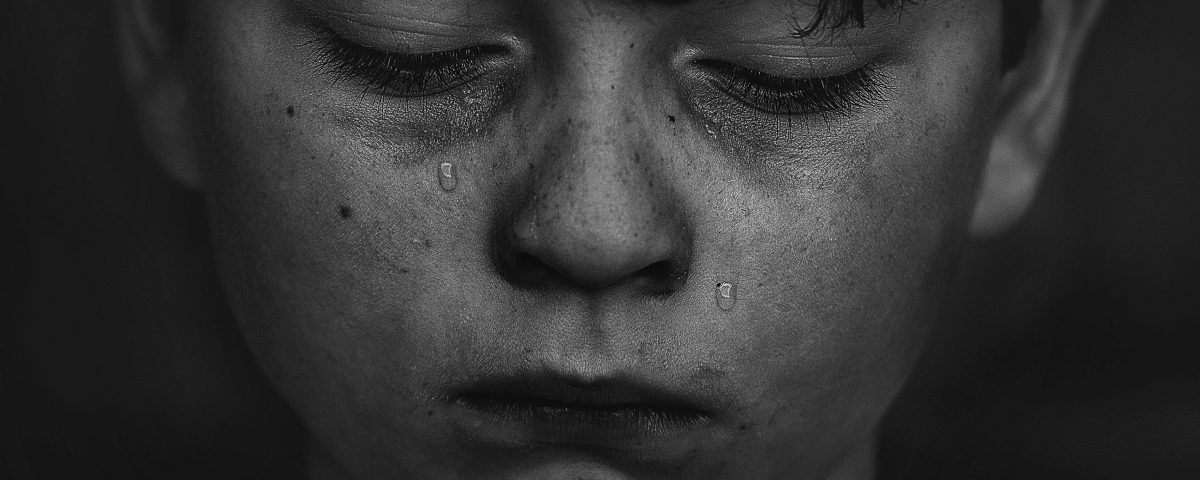
The Importance of Speaking Life and Blessing over our Children
May 10, 2018
Raising Children who Love to Pray
May 24, 2018
It is so important to speak life and blessing over our children. Our words can release blessing, comfort, truth, and grace into their lives. But unfortunately, the Bible also says that it is possible for “corrupt” words to flow from our mouths (see Ephesians 4:29). Just like words can be used to release life and blessing, they can also be used to release terrible damage. With our words we can tear down, belittle, accuse, criticize, and demean.
As parents, we have a tremendous position of influence and authority in our children’s lives. Because of this, our words carry incredible weight with them. What we say to them or about them has a powerful impact, and we must be careful not to speak destructive words over them.
When Our Words Become a Curse
We have all heard the old saying, “Sticks and stones may break my bones but words will never hurt me” but this is a lie. The truth is, words can do devastating harm. They can pierce the soul like a sword and poison like a serpent’s bite (see Proverbs 12:18 and Psalm 140:3). And they can actually take the effect of cursing the one spoken to. Consider the strong and descriptive language that James uses in describing the evil that can come from the tongue:
And the tongue is a fire, a world of iniquity. The tongue is so set among our members that it defiles the whole body, and sets on fire the course of nature; and it is set on fire by hell. For every kind of beast and bird, of reptile and creature of the sea, is tamed and has been tamed by mankind. But no man can tame the tongue. It is an unruly evil, full of deadly poison. With it we bless our God and Father, and with it we curse men, who have been made in the similitude of God. Out of the same mouth proceed blessing and cursing. My brethren, these things ought not to be so. (James 3:6-10)
When the Bible mentions the idea of curses proceeding from our mouths, it is not referring merely to crude or filthy language (which should certainly be avoided), but to words spoken that carry spiritual power to actually become a curse in a person’s life. These types of destructive words are referred to as a word curse. These statements are spoken as authoritative facts, and though they are most often not intended to be a curse, when they are believed and received they become a curse over the life of the one who hears them.
Below are some examples of negative declarations that can become a curse in the life of a child when they are spoken by a mother or father:
- “You are so stupid! You are never going to amount to anything in life.”
- “You’re worthless! It would have been better if you were never born.”
- “You are such a failure. Can’t you do anything right?”
- “Nobody would ever want to marry you.”
- “You always get into accidents. You’re such a klutz!”
- “You are such a pain! All you do is cause trouble.”
These types of statements do terrible damage to the soul of a child. They get attached to their identity and become intertwined with who they are. When declarations like this are accepted as true, the child begins to live up to the expectations created by the word curses, and an invisible barrier keeps them from moving beyond the hurtful words. Having been involved in deliverance ministry for over a decade, I have found that curses like this are often empowered by an evil spirit who reinforces the lies that have been spoken.
Be Careful What You Say!
We must be so careful not to allow flippant and destructive words to come from our mouths, especially in how we speak to our children. A momentary burst of anger and a release of hurtful words can have a life-long impact on a child. Thankfully, there is healing and restoration in Jesus, but how much better to avoid the damage altogether?
Be especially careful with authoritative statements about a child’s identity. These become labels that get placed on a child and impact how they see themselves and see the world. For example, when bringing correction or discipline to your child, avoid making definitive statements. If one of my kids tells a lie, I will correct the behavior and call out the sin, but I will never say something like, “You are such a liar!” Why would I want to put that label on my child?
Parents, I beg you to evaluate the way that you speak to or about your children. Your words are more important to them than you know. Let’s repent where we need to, and ask the Lord to purify our lips. Let’s commit to avoid speaking curses, and instead, let’s speak blessing over our children!




